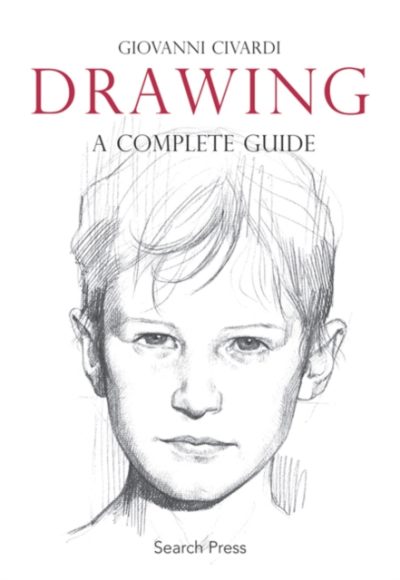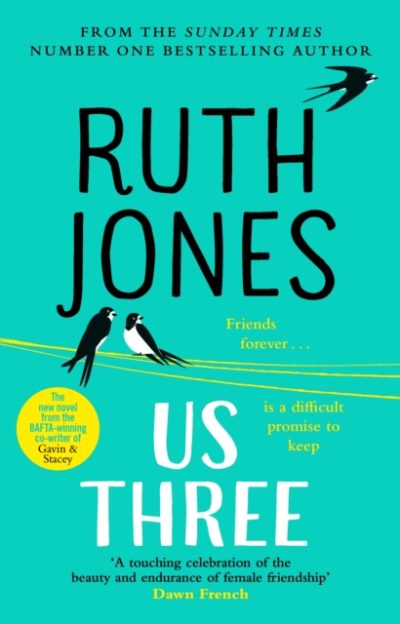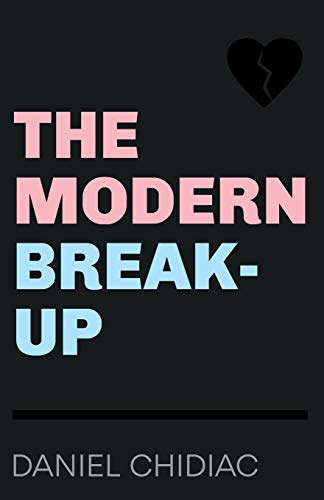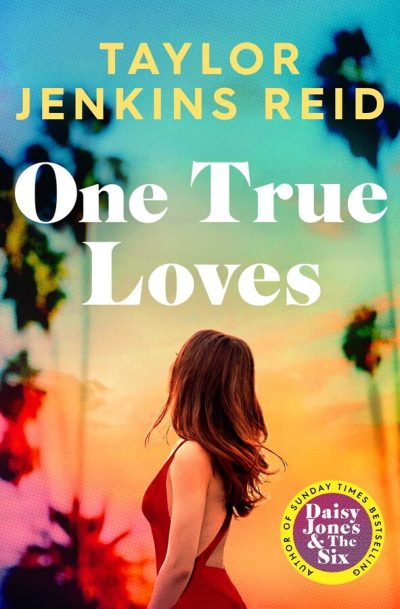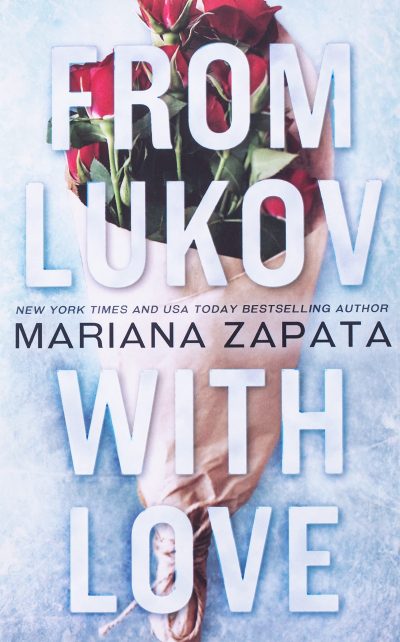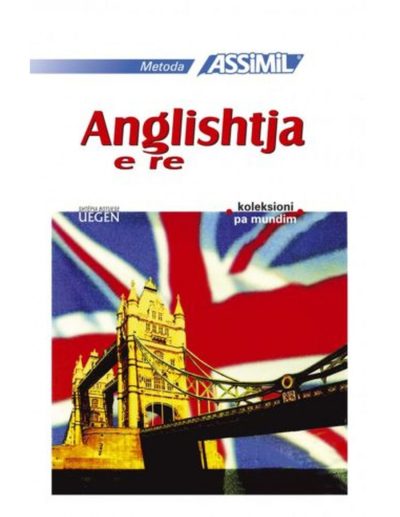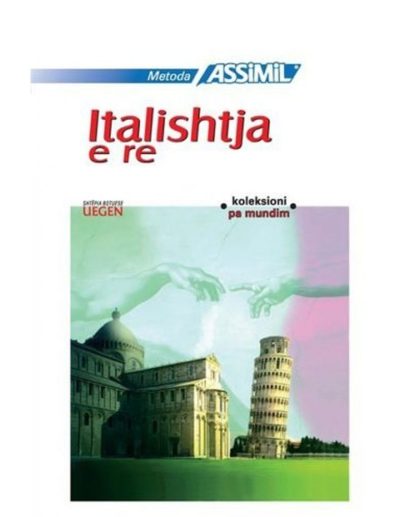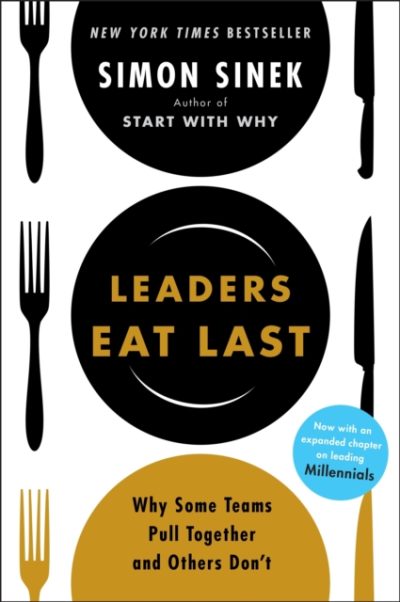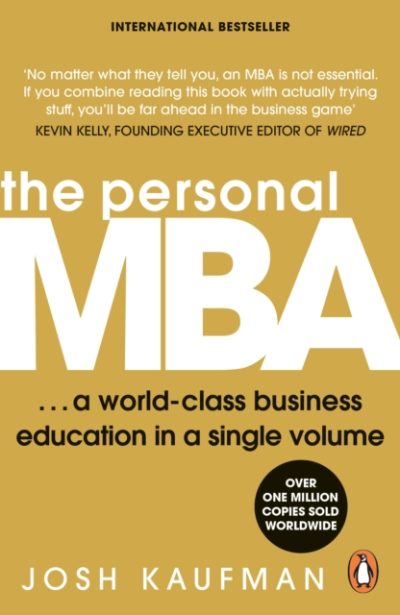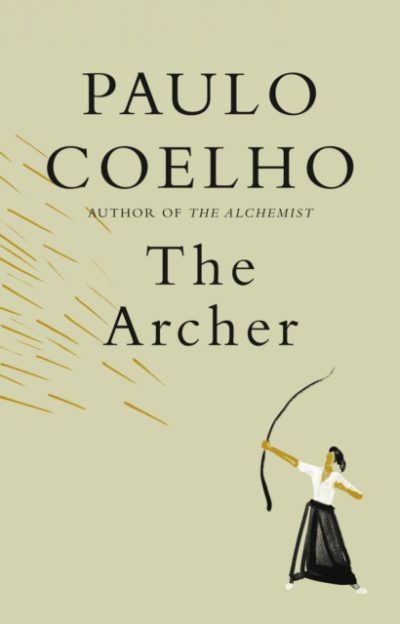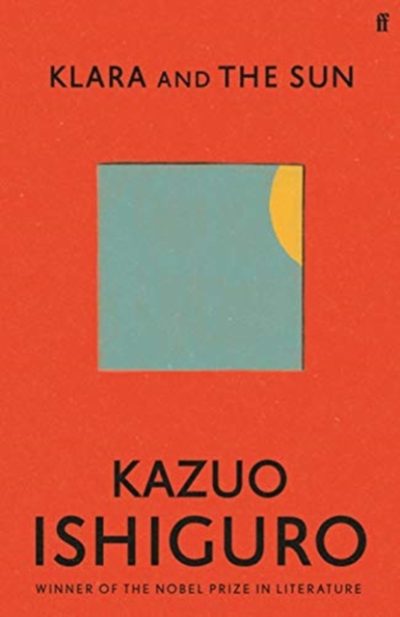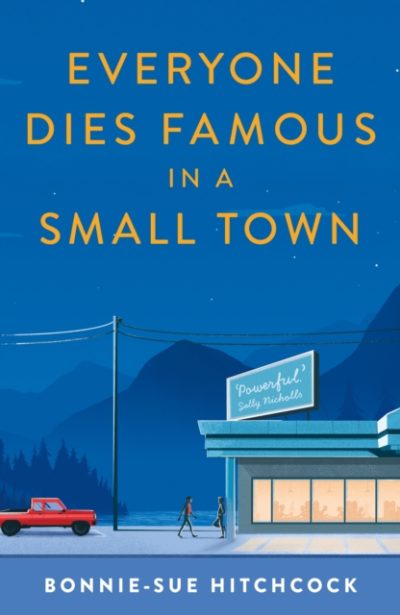-
(0 reviews)
Drawing: A complete guide
1,800 LThis is an essential book for anyone learning to draw, or wishing to improve their drawing.
-
(0 reviews)
The mountain is you
2,400 LThis is a book about self-sabotage. Why we do it, when we do it, and how to stop doing it—for good.
-
(0 reviews)
Believe Me
1,500 LThe devastatingly romantic fifth novella in the New York Times and USA Today bestselling Shatter Me series, chronicling the events after Imagine Me, the explosive sixth novel.
-
-
(0 reviews)
The Modern Break-Up
1,900 LA novel full of truths about dating, separations and love: direct, raw and damn revealing!
-
(0 reviews)
Birthday girl
2,900 LFrom New York Times Bestselling author Penelope Douglas comes a new forbidden love story…
-
(0 reviews)
Maybe in another life
1,500 LFrom the acclaimed author of Seven Husbands of Evelyn Hugo comes a breathtaking novel about a young woman whose fate hinges on the choice she makes after bumping into an old flame; in alternating chapters, we see two possible scenarios unfold—with stunningly different results
-
-
(0 reviews)
From Lukov with love
2,900 LFrom Lukov with Love is told in the sole POV of Jasmine Santos. She is a figure skater and after seventeen years, she’s aware that it is almost time to hang up the skates. Until an offer to be the partner of Ivan Lukov, a fellow skater who she has spent almost as long hating, lands in her lap.
-
(0 reviews)
Anglishtja e re
2,800 LJu dëshironi të mësoni pa mundim, anglishten e sotme, të domosdoshme dhe të frytshme? Këtë mundësi ua jep ky botim i ri anglishtes që shoqërohet me 3 CD dhe një libër të plotë, ku do të gjeni përgjigje për të gjitha gjërat që ju shqetësojnë në përvetësimin e gjuhës angleze.
-
(0 reviews)
Italishtja e re
2,800 L“Italishtja e re pa mundim” e Assimil është një metodë tërheqëse dhe mjaft e shpejtë. Tekstet e librit janë ndërtuar thjesht dhe sipas parimit duke ruajtur përshkallëzimin e vështirësisë. Duhet të kapërceni mësimin e tridhjetë që të shijoni pa problem efektet e këndshme që krijohen nga zotërimi i një gjuhe.
-
(0 reviews)
Leaders Eat Last
1,950 LThe highly anticipated follow up to Simon Sinek’s global bestseller Start with Why
-
(0 reviews)
The Personal Mba: A World Class Business Education
2,100 LA masterpiece. This is the ‘START HERE’ book I recommend to everyone interested in business. An amazing overview of everything you need to know. Covers all of the basics, minus buzz-words and fluff. One of the most inspiring things I’ve read in years
-
(0 reviews)
Archer
2,450 LFrom the #1 best-selling author of The Alchemist comes an inspiring story about a young man seeking wisdom from an elder, and the practical lessons imparted along the way. Includes stunning illustrations by Christoph Niemann.
-
(0 reviews)
KLARA & THE SUN EXPORT
2,500 LKlara and the Sun is the first novel by Kazuo Ishiguro since he was awarded the Nobel Prize in Literature 2017.
-
(0 reviews)
Everyone Dies Famous in a Small Town
1,500 LThe second, highly anticipated novel from Carnegie-shortlisted author Bonnie-Sue Hitchcock.
Sign in


